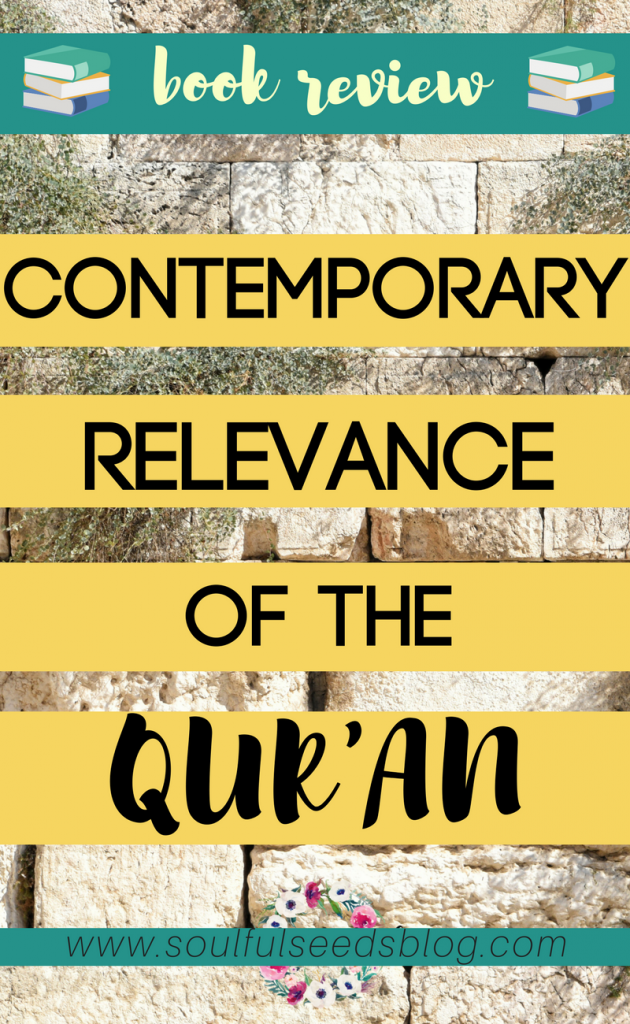(This post may contain affiliate links, meaning that if you make a purchase using the affiliate links, I could get a commission off that purchase at no additional cost to you! This supports my blog!)

People seem to be stunned by individuals who identify as both politically liberal and religious.
I’ve been asked before how I can reconcile my activism for LGBTQ+ protection with my religious practices and readings.
To me, it’s pretty straightforward, and I think it should be to everyone else too.
The main tenants of every religion encourage acceptance and love for all of God’s creations. Quite evidently, every monotheistic religion believes that ALL people are a creation of God. By that logic, EVERYone should be embraced, loved, and cared for.
[bctt tweet=”Regardless of one’s color, shape, size, sexuality, or religion, their identity as a creation of God reigns supreme and unites every single one of the 7.6 billion people on earth. ” username=”soulfulseedblog”]
So for me, liberalism and religion go hand in hand. I think that some of the rules established in texts (context dependent ones) like the Old Testament and the Qur’an were clearly written for a certain time and people. These context dependent verses should be reevaluated for different times, places, and environments.
You can read more about my beliefs on my About page for a whole schpeel 🙂
Anyways, my belief system got me very excited to read the book “Reading the Qur’an: The Contemporary Relevance of the Sacred Text of Islam”, written by Ziauddin Sardar.
Get the book HERE for only $3.98, with FREE SHIPPING, and a book donated upon your purchase!
*Disclaimer- None of the opinions expressed in this piece speak for that of the Author! I’m just giving an honest review of the book.
Too often, rules laid out in Holy Books revealed centuries ago are unjustly applied to contemporary times. It ain’t the 7th century, people!
Sardar analyzes these seemingly antiquated rules and compares them with the context independent verses of the Qur’an, those that apply to all societies, for all times.
Points that he emphasizes:
1) Mutual acceptance of religions is a key tenant of Islam.
All religions have same mission- reach the Heavenly Creator of the world. Furthermore, most religions promote the means to get there: practicing good deeds, kindness, and faith.
2) Islam is continuous from previous revelations brought down by Jesus, Moses, Noah, etc.
3) Islam prioritizes balance, the middle way.
One of my favorite chapters is within his analysis of Al-Baqarah (the longest surah in the Qur’an). This chapter talks about Muslims as “ummat wasat”, a community of the middle way. The middle way embraces moderation and strays away from extremism.
4) The Qur’an encourages a thoughtful questioning of the text and how it should impact/interact with societies.
Sardar talks about subjects usually “hush-hushed” by Islamic scholars, like homosexuality and pre-marital sex. These topics are prevalent in modern day society, yet rarely talked about in the Islamic community. There is no reason to pretend that we are living in an olden day society!
5) God is JUST.
Sardar emphasizes the importance of justice in the Qur’an. The Word encourages and pushes us to continuously think about how to spread justice in our world.
He says that Islam AND other religious communities should embrace those who identify as non-heterosexual, as our sexuality is a GOD GIVEN trait and part of our “fitra” (natural disposition). People do not choose to be gay. Rather, it is part of their natural God-created self. God makes no mistakes, and condemning homosexuality is implying that He does.
Sardar writes, “It would be an unjust God who, after having given no choice to the individuals concerned, condemns them for being homosexuals. Indeed, such a condemnation would go against all the overwhelming emphasis on justice and equity that we find in the Qur’an”.
All in all, he argues for the infinite lifespan of the Word of God which contrasts with the finite and fallible human interpretation of God’s Word.
There are verses of the Qur’an that purely addressed timely issues, like imminent battles or cultural norms.
In today’s society, those same issues are not present, therefore the same rules should not apply.
At the same time, there are MANY verses of the Qur’an and other Holy Texts that address morals and principles that apply to any and every time. These things such as practicing moderation, kindness, selflessness, and prayer, are always imperative in Islam and pretty much every other religion.
Extremists who claim to preach Islam rely on twisting antiquated rules in order to instill fear in people. Those rules were for 7th century Arabians, but they are not relevant/equitable in today’s society.
Preaching Islam means preaching tolerance, moderation, care, compassion, and peace; the timeless, everlasting, and emphasized principals expounded on in the Qur’an.
All in all, I totally recommend this book. I can’t wait to check out more of Sardar’s writings and let you know about those, too! Love xx


